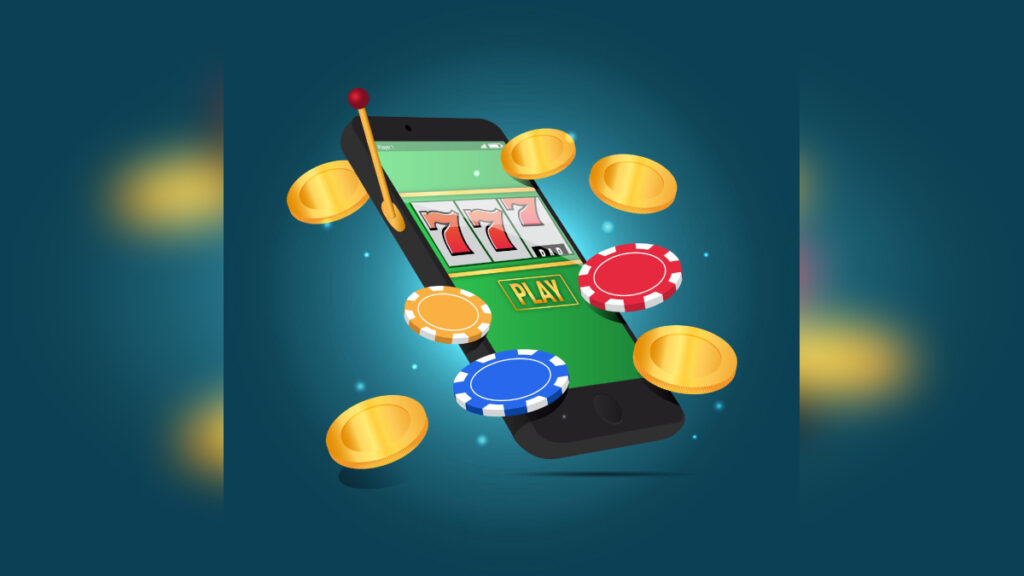Many will probably quickly agree that traditional real money games are timeless, and that’s why they remain big hits even online. However, nowadays, gaming variety is something many are also looking for. This is why when platforms introduced crash games, it didn’t take long before they became all the rage.
Crash games reward quick thinking and risk management. A multiplier ticks upward on the screen, and players must cash out before the number crashes to zero. Wait too long and lose everything. If you cash out early, you’ll likely only secure a smaller profit. So, for this type of game, every second counts. It’s all about luck and timing. That simplicity hides just how strategic the game can get, especially when AI enters the equation.
Crash games: What makes them so popular?
There’s not one exact answer as to why crash games are popular on many platforms right now. Different factors contribute to its popularity, and that includes fast-paced gaming. Each round of crash games like Spribe’s Aviator plays out in seconds. This gives players the chance to make multiple bets in a short span of time. For gamblers who don’t want long animations or drawn-out sessions, this format keeps things sharp and focused.
This type of game also offers straightforward gameplay. There are no paylines, no card combinations, and no dealer rules. You place a bet, watch the multiplier rise, and click before it crashes. This is what also makes it perfect even to those who have never played any similar type of game before, and those who only enjoy casual gameplay.
There’s also the tension and thrill that’s similar to what other popular traditional games can give. That thrill also usually lasts quickly, so players can easily get that I want to play more feeling. Add to that the social element of seeing other players’ actions in real time, and you get a format that feels competitive without needing direct interaction.
Playing crash games with human instinct
When you play the latest crash game app, you’re watching numbers get multiplied. Then players might feel the pace of recent rounds or notice how often the game has stayed low versus shot high. These feelings may not be technically accurate, but they influence decision-making.
A person might see a few low multipliers in a row and assume a high one is coming. This can then lead to greed, hope, or desperation, which are emotional states that bots don’t experience. These emotions are often why humans lose. But they can also create high-reward moments.
Say a player bets US$20 and sees the game climb past 5.00x. They wait. It hits 8.00x. The bot would have cashed out at 2.00x, but the player keeps watching. At 10.00x, they cash out. That’s US$200 in one move. Risky? Yes. But a human made that call on gut and hit big. Bots don’t often chase like that. Whether that behaviour is smart long-term is another debate, but it shows the variance in outcomes instinct can create.
How AI is changing the crash game experience
AI Bots don’t second-guess themselves. They’re programmed to follow set rules and can execute strategies instantly, often without emotion or delay. Some bots cash out at a fixed multiplier every time, like 1.50x or 2.00x. Others use more elaborate systems, like adjusting the cash-out point based on previous crash patterns or loss streaks.
One common method is a modified Martingale strategy. A bot increases the bet after a loss, expecting a recovery on the next higher multiplier. Others track recent crash trends and try to predict short-term outcomes, though randomness can quickly render those predictions useless.
Some advanced bots plug into the platform’s backend via unofficial APIs or screen readers. These can react faster than a human ever could. But they still rely on algorithms or scripts that only mimic intelligence. They can’t feel momentum, detect subtle trends in behavior, or respond to shifts in how the room is playing.
Also, they don’t win every time. Bots can crash early like everyone else. If the multiplier dips at 1.01x three times in a row, no auto cash-out logic can beat that.
In the end
In theory, a well-programmed bot should win more consistently than an emotional human. In practice, it’s not that simple. Bots are only as good as their logic, and most platforms introduce randomness that prevents consistent edge-seeking.
Some sites even adjust the crash points to account for heavy bot behaviour. If several players use similar scripts, the house might seed early crashes to punish them. While that’s not openly confirmed, players report trends that suggest such countermeasures exist.
Also, the house edge doesn’t disappear for bots. A platform might keep one per cent of every bet, win or lose. Over thousands of rounds, that cut chips away at both human and bot balances. So, winning consistently requires more than perfect timing. Players will also still need luck, smart bankroll management, and strategies they can adjust when needed.

